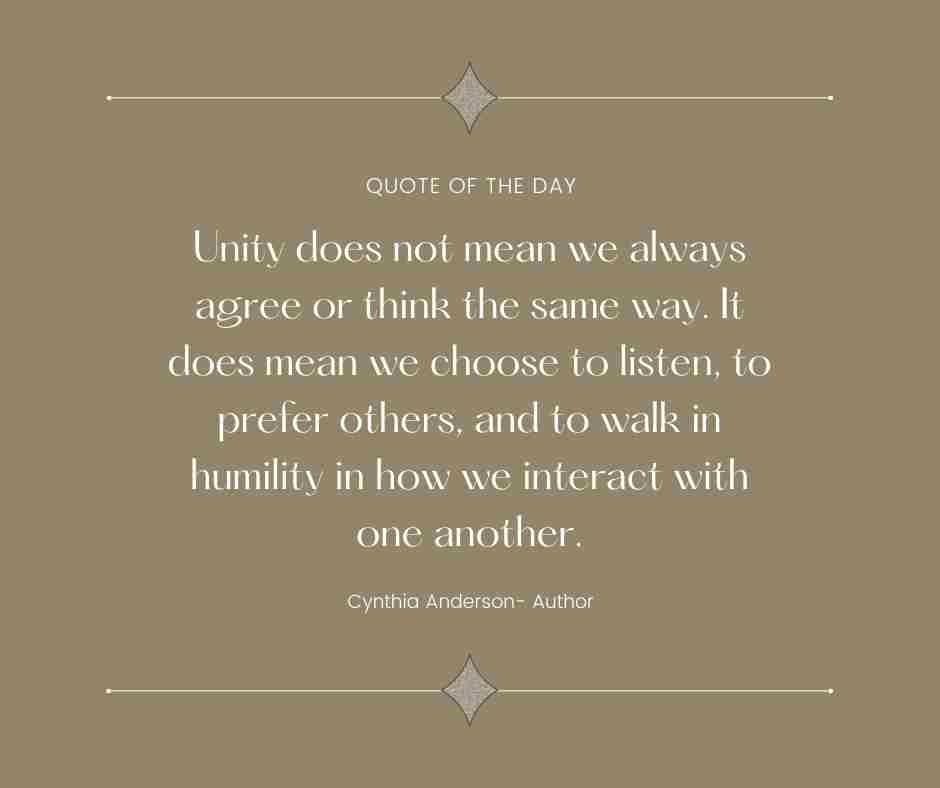Navigating Tricky Cross-Cultural Relationships

Some relationships are just plain difficult. No matter what you do, it feels like lose/lose. This is particularly painful when those relationships are with the people you came to serve. Navigating cross-cultural relationships can be a rough road. How do we do it well?
It was God’s idea to send us out to make disciples of all peoples and nations. He well knew that there would be cultural and other tensions between us, as we learned to love each other. We can not settle for less than His Kingdom ways among us as we work in multi-cultural teams. Unity does not mean we always agree or think the same way. It does mean we choose to listen, to prefer others, and to walk in humility in how we interact with one another.

What does that look like when we do it cross-culturally?
A Guest in Their Land
In many nations, hospitality is of high value. Guests are treated with respect. A warm welcome is extended…to short-term guests. For many of us, we are guests who stay for a long time. Am I still a guest in a country, after I’ve learned the language and lived there five years?
My husband and I enjoy welcoming guests into our home. We make special food, prepare a welcome basket, and take time off to show our guests the tourist sights in our area. It’s a joy to introduce friends to the people and places we love. We are also a bit glad when guests leave. They can be a lot of work! We clean up, rest, and slowly get back to our normal routines.
Nationals who spend a lot of extra energy welcoming foreigners can feel the same way. They like us coming but may wonder if we will soon leave. Then they won’t have to extend themselves quite so greatly. Or, they see so many foreigners come and go that they hesitate to invest deeply in these relationships. We will probably leave in a few years, they may think.
It’s important to remember that though we came to serve their people, our indigenous hosts do an awful lot of serving us!
Cynthia Anderson
They help us adjust, learn the language, and find our way around. They put up with poor language skills and overlook our many cultural errors with graciousness. We need to remember this and keep a grateful heart.
When Things Get Tricky
The longer we are there, the potential for deeper-level conflict to occur grows. We (the outsiders) can feel we have now earned a right to be heard, to have influence, and to make decisions. Often, foreign missionaries have more money than the nationals they interact with. Financial power issues come into play. Shifting from guest to insider takes time. Trust must be earned and extended in both directions.
A Great Divide
In many fields, there is a significant division between nationals and foreigners. Though they work in the same organization, people tend to develop deeper friendships of trust with those they are more similar to. We all like to be relaxed and at ease in our relationships. Cross-cultural friendships take more work. They are well worth the investment, however. Staying in your “cultural bubble” will not make you an effective missionary.
There can also be historical or political baggage. If you are a Westerner, you may face resentment based on your host nation’s colonial past. Other historic resentments against particular people groups or castes may also be a factor. Being aware of this is the first step. It doesn’t necessarily make it easier.
Be completely humble and gentle; be patient, bearing with one another in love.
Ephesians 4:2 NIV.
5 Principles for Navigating Tricky Cross-Cultural Relationships
1. Stay humble and flexible.
God often uses these conflicts to refine us. Being “right” isn’t the most important thing. Being humble is a higher virtue. What can you learn from this situation or person? Are you open to seeing things from their perspective?
2. Press in to first understand before seeking to be understood.
In most conflicts, we want to prove our point. We feel angry that the other person doesn’t understand our side of things. As Stephen Covey writes in his well-known leadership books, “seek first to understand and then to be understood.” How much effort have you put into understanding where they are coming from in this disagreement? Have you examined cultural norms, history, etc. for clues as to what you may be missing?
3. Examine your own heart for judgments or unseen bias/prejudice.
Jesus told us to look at our own issues before pointing out the problems in other’s lives (Matt 7:5). This is particularly true in cross-cultural relationships. If you find yourself in a tricky cross-cultural misunderstanding, ask God to help you examine your own heart. It is easy to allow cultural judgments to take root. These are often based on our ethnocentric worldview.
We may find ourselves thinking things like “These people are lazy. They never show up on time to meetings.” Or maybe something like, “They are so structured. I wish they would relax a bit and learn to enjoy life.”
Could there be a cultural bias or judgment that is affecting you in this tricky relationship?
4. Ask for input from cultural insiders and listen well with an open heart.
There is nothing more valuable to a cross-cultural missionary than a genuine national friend. Someone who will be honest with you about your mistakes and ill-informed perspective is a gold mine to a missionary. Value those friends greatly and welcome their input. Let them know they can be safe in sharing with you about the ways you misread situations or issues.
Welcome their feedback and input. Seek wisdom from those who are cultural insiders or have been there for a long time. Listen with an open heart, then take those things back to God in prayer.
5. Refuse to take offense and keep leaning into the relationship.
Lastly, no matter how thorny the relationship is, refuse to become offended. This is something we can choose and decide. Living unoffendable is part of our inheritance in God. He has forgiven us so much, we can forgive others no matter how often they sin against us.
Let go of offenses or hurts that may have taken root. Lay them down at the foot of the cross and invite God’s spirit to cleanse you and set you free.
Once those things are dealt with and forgiven, you will have the freedom to engage with this person in a new way. They may still be wrong and you may still be right, but your attitude will have changed.
Refined as Gold
Tricky cross-cultural relationships can be God’s instrument in shaping us into Christ-likeness. A fire of testing, you come through as pure gold. The impurities are burned away and you have been refined. They can also turn into powerful lifelong lessons in humility, love, and graciousness.
Are you facing a tricky cross-cultural relationship? Take a moment to prayerfully reflect on this article.
What one thing would God have you apply to your life and situation today?
Let me know in the comments below or on the Missionary Life Facebook group.